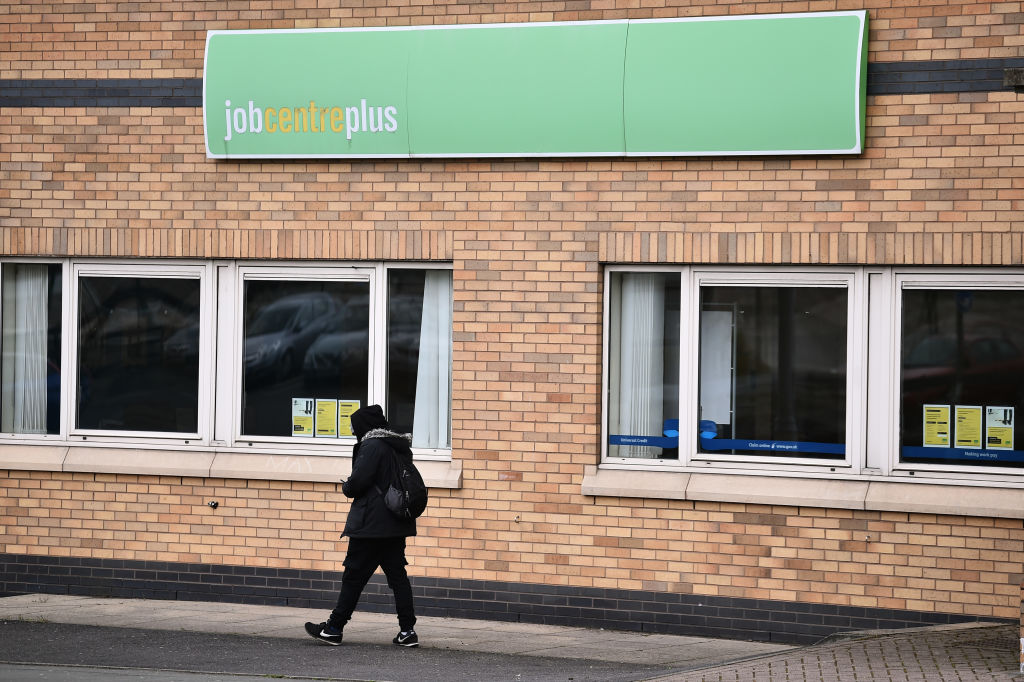If you are an idler sponging off the state, you have every excuse to feel cheated. Throughout his years in opposition, Keir Starmer gave you every impression that he was on your side. During his Labour leadership election campaign in 2020, he promised to end Universal Credit and replace it with something more generous. In 2021, when Boris Johnson’s government proposed to remove the £20-a-week uplift in benefits, which it had introduced at the beginning of the pandemic, Starmer called a vote to oppose the move, accusing the then government of ‘effectively turning on the poorest in our society’. Shortly before last year’s general election, he agreed with the Big Issue that the Department for Work and Pensions (DWP) assessment process was ‘dehumanising’ and told readers: ‘There will be no return to austerity with a Labour government. We’ll have a decade of national renewal instead.’
These are very different messages from the one he had for Labour MPs on Monday night when he said of the benefits system: ‘That’s unsustainable, it’s indefensible and it is unfair. People feel that in their bones. It runs contrary to deep British values that if you can work, you should.’ It seems that the country is being primed for benefit cuts in the Spring Statement on 26 March. It is no longer just the ‘broadest shoulders’ who will find themselves bearing the burden of filling Rachel Reeves’s black hole, but scroungers too.
Starmer and Reeves have little choice other than to look for cuts somewhere. Reeves’s famous fiscal headroom has gone, and she finds herself scraping her scalp on her fiscal ceiling. She has already had one big tax-raising event in last October’s Budget. That was in itself contrary to her pre-election promises when she told us she had no plans to raise tax beyond VAT on school fees, abolition of non-dom status and a bit of other tinkering around. To come back to the Commons with another load of tax rises less than six months after the last would undermine her credibility. Cuts it will have to be – and not from the usual victims of governments in need of cash: the defence budget, which Starmer has promised to raise to 2.5 per cent of GDP, or transport, which Reeves has already trimmed. If she wants meaningful cuts, she will have to resort to one of the big spending departments – welfare or health. And she won’t get away with the latter.
The case for welfare cuts is pretty clear. In just eight years, the number of people claiming out-of-work benefits has mushroomed from 3.63 million to 5.95 million. And this is at a time when employers are complaining that they cannot fill vacancies. The real growth is in incapacity benefits – people who are not being asked to look for work. Vast numbers are being signed off on the sick who previously would have been expected to work.
It is to Starmer and Reeves’s credit that they finally seem able to see this. But just because you have had your own road-to-Damascus conversion doesn’t necessarily mean that all your colleagues and supporters have. Starmer’s problem is that large numbers of his MPs, as well as the wider Labour membership, continue to believe that we have had a decade of austerity which has targeted the poorest in our society and left them destitute. Labour, they think, exists to support the poor, and no initiative which cuts benefits will ever be acceptable to them.
That is the political reality which Starmer and Reeves will have to face. The Prime Minister may have a massive majority, but his support is horribly thin. In the usual manner of Budgets, he and Reeves are no doubt preparing the ground for a set of cuts which, when they arrive, will be less severe than feared. But even so, having spent so many years preaching against austerity, it is going to be extremely difficult for them to get away with the slightest cut to benefits.








Comments